Our Communities
Connecting global Indian communities through shared heritage and traditions.
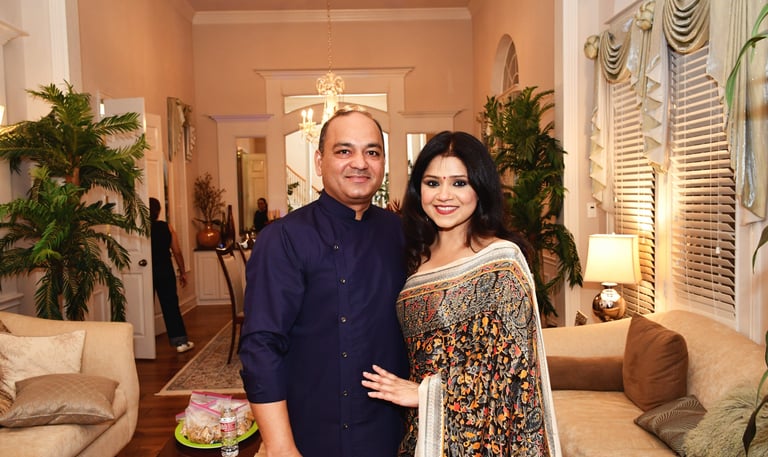

Fiji
When the British brought Indians to Fiji starting in 1879, most came from Uttar Pradesh and Bihar to work on sugar plantations. Life was harsh, but they clung to Bhojpuri songs, Ramayana readings, and their festivals. Over time, these traditions became the heartbeat of Fiji’s Indian community.
From this community rose leaders like Mahatma Gandhi’s close ally Manilal Doctor, who fought for the rights of indentured workers. Later, Indo-Fijians like Mahendra Chaudhry made history as Fiji’s first Indo-Fijian Prime Minister, showing how resilience transformed into leadership.
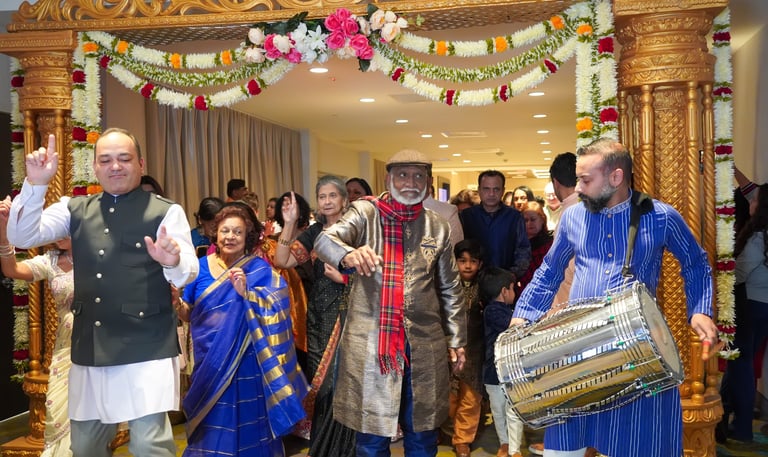

Guyana
Indentured Indians began arriving in Guyana in 1838 to replace enslaved labor on sugar estates. They endured brutal conditions but preserved their culture through Chowtal singing, Holi, and Ramleela. Temples and mosques kept the spiritual fire alive, and Hindi and Bhojpuri echoes remained in their songs and speech.
From this soil grew towering figures like Cheddi Jagan, Guyana’s first elected leader and “father of the nation,” and Janet Jagan, his wife, who also became President. The Indo-Guyanese community continues to thrive in politics, business, and culture.
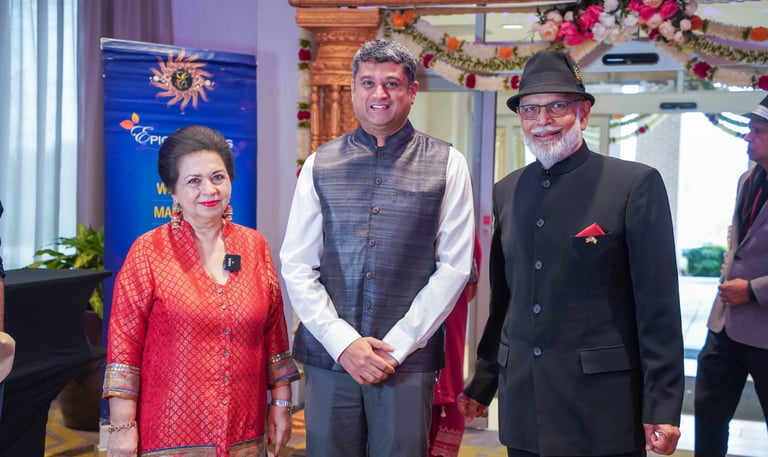

India (The Homeland)
While millions left as indentured laborers, India itself played a unique role as both origin and spiritual anchor. Villages of UP and Bihar sent off men and women who carried with them Bhojpuri, Awadhi, Tamil, and Telugu traditions. These languages, folk songs, and foods became India’s invisible gift to the world.
India later welcomed back returnees known as “Kalapani” survivors, many of whom brought back global perspectives. Leaders like Mahatma Gandhi himself once traveled to South Africa to defend Indian indentured workers, linking their struggles with India’s own freedom fight.
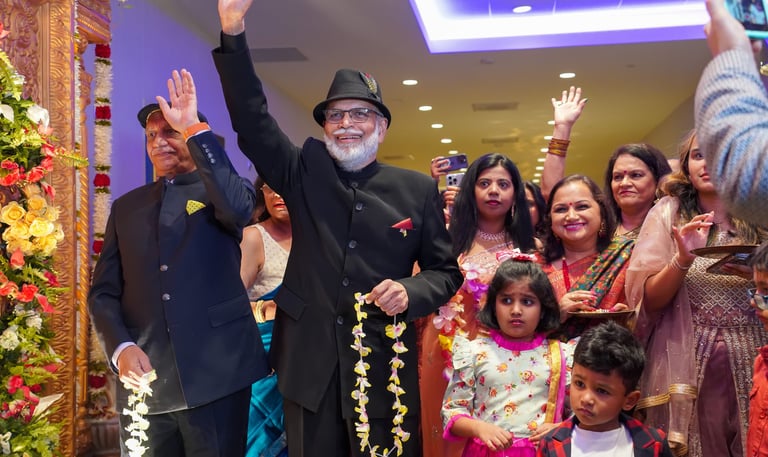

Mauritius
The very first ship carrying Indian laborers arrived in Mauritius in 1834, making it the birthplace of the indenture system. Thousands followed, shaping Mauritius into a nation where today Indo-Mauritians make up the majority. They kept alive their Bhojpuri folk culture, festivals like Divali, and Indian cooking traditions.
The community produced leaders like Sir Seewoosagur Ramgoolam, Mauritius’s first Prime Minister, celebrated as the “Father of the Nation.” Under his leadership, Mauritius gained independence, proving the strength of a people once bound in servitude.
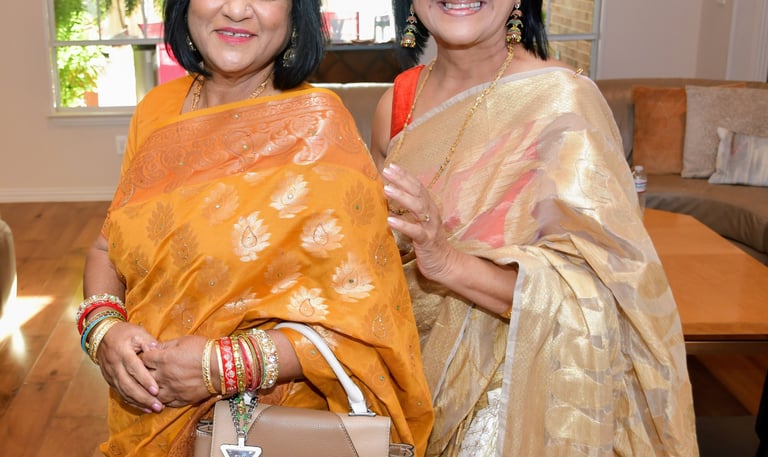

South Africa
Indians came to South Africa starting in 1860, brought to work in sugar plantations in Natal. Harsh segregation defined their lives, but they held on to religion, festivals, and community solidarity. Temples and schools became fortresses of cultural survival.
From this diaspora came global icons like Mahatma Gandhi, who began his struggle against injustice in South Africa, and Fatima Meer, an Indo-South African activist who fought apartheid. Today, figures like Navanethem Pillay (former UN High Commissioner for Human Rights) showcase their global contributions.
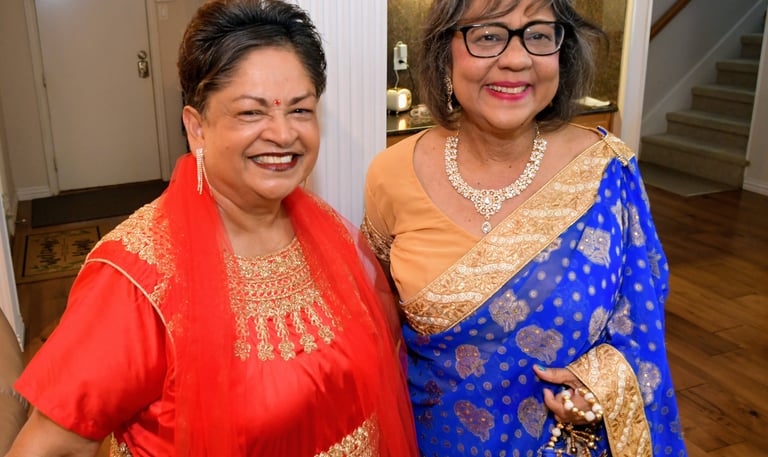

Surinam
Between 1873 and 1916, nearly 34,000 Indians arrived in Suriname, mostly from UP and Bihar. They worked on cocoa, sugar, and coffee estates. Despite hardships, they kept their Bhojpuri songs, folk tales, and religious practices alive. Today, the sound of Chutney music and the celebration of Holi testify to their cultural survival.
One of their proudest leaders is Johan Adolf Pengel, of mixed Indian descent, who became Prime Minister. Later, Ram Sardjoe and Jules Ajodhia held high office, showing the Indo-Surinamese community’s strong role in national life.
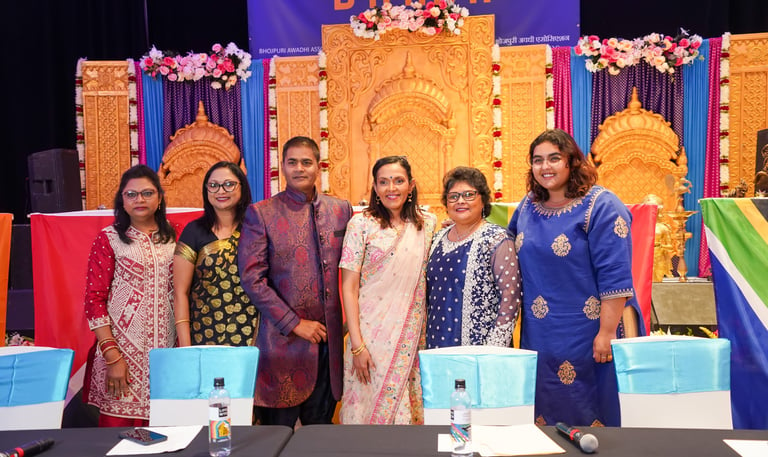

Trinidad
The first ship of Indians landed in Trinidad in 1845. They worked sugar estates but soon transformed the land with their resilience. Festivals like Phagwah (Holi), Divali, and tassa drumming became signatures of Trinidadian culture itself.
This community gave rise to global voices like V.S. Naipaul, Nobel Prize-winning author, and political leaders such as Basdeo Panday, Trinidad’s first Indo-Trinidadian Prime Minister. They carried forward the Indo-Caribbean story from cane fields to world stages.
Get Involved
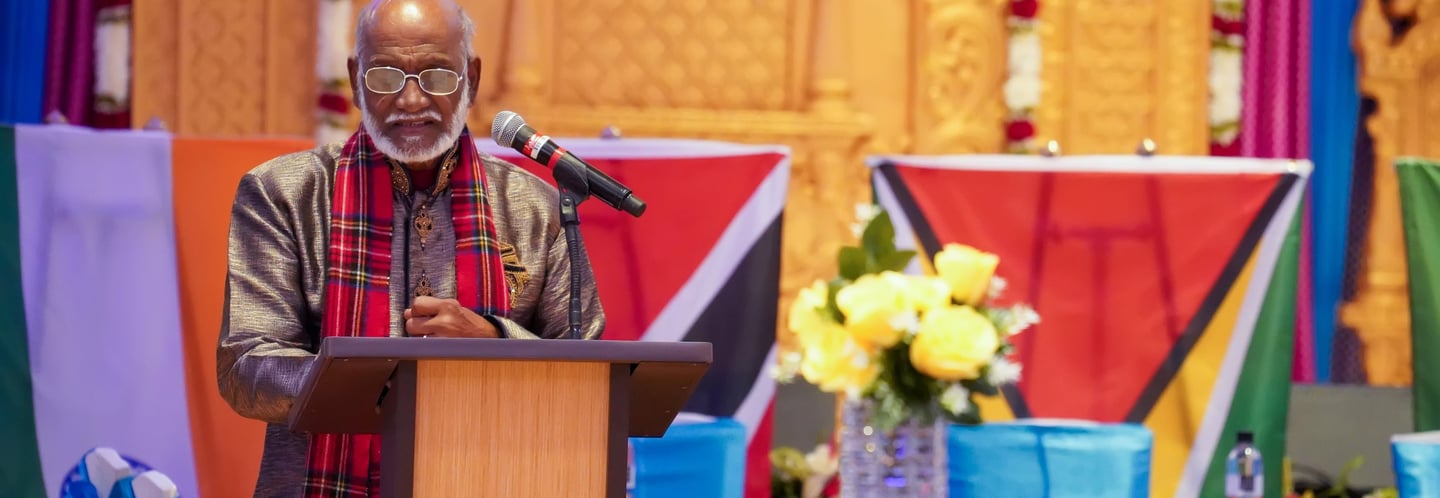

Join us in celebrating our shared heritage and reconnecting with the global Indian diaspora community.